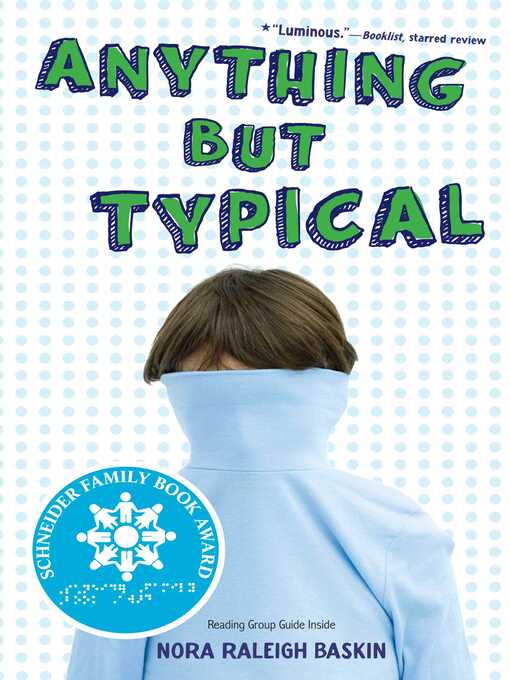- No Wait, These Books Are Great: Kids & Teens
- New teen additions
- Popular titles
- No wait, no problems
- What's new?
- Check these out!
- See all ebooks collections
- No Wait, These Books Are Great: Kids & Teens
- New teen additions
- No wait, no problems
- What's new?
- Popular titles
- Check these out!
- See all audiobooks collections

